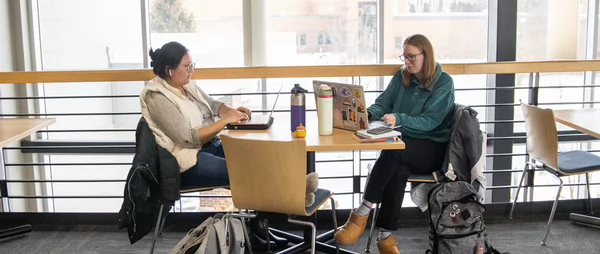Yes, a student is eligible for one four-month extension for a fee of $250. Extension requests and payment of the fee must be completed prior to the course expiration date. Click Pay Fees to request and submit payment for an extension.
If the course is not completed within the original enrollment period and the student does not request an extension, or if the student does not complete the course by the end of the extension period, a grade of "F" is issued. Students have the option of re-enrolling in the course and, while the old course and grade remains on the transcript, only the new grade from the repeated course will be counted in the cumulative statistics.


